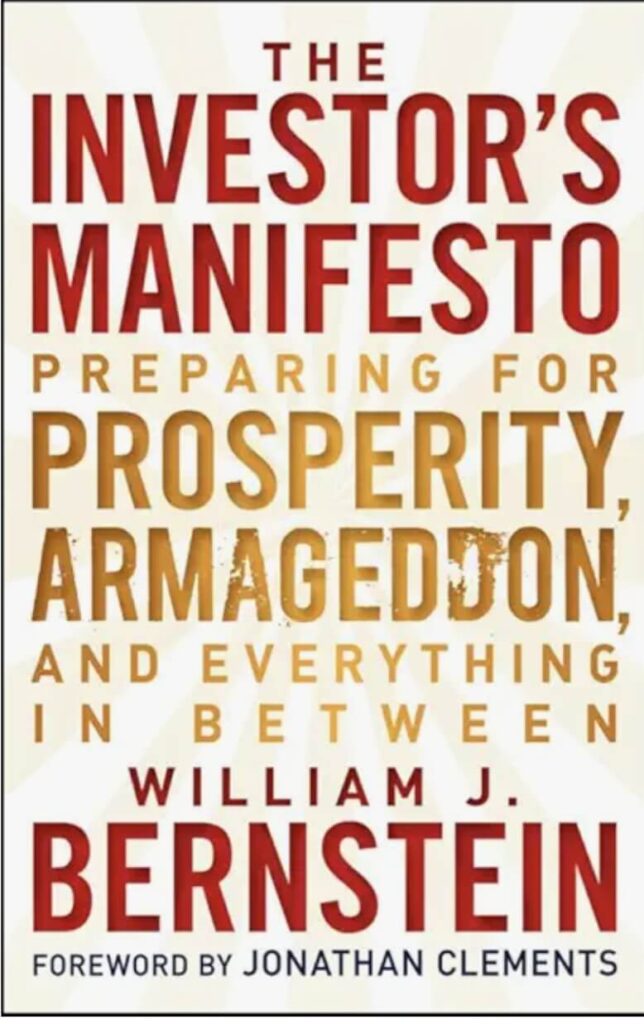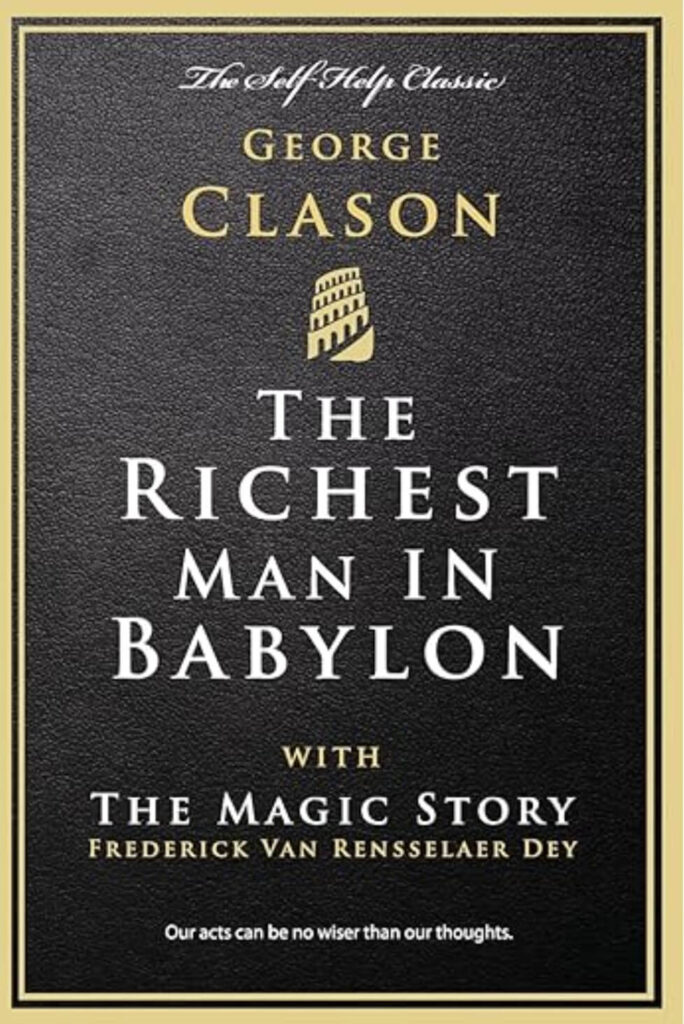Think capitalism is synonymous with freedom and efficiency? That markets reward merit, and governments just get in the way? 23 Things They Don’t Tell You About Capitalism takes those beliefs — and rips them apart with humor, data, and a hefty dose of historical reality.
In this punchy, provocative, and highly readable book, Ha-Joon Chang gives us an economics class like no other. Each chapter challenges a “truth” we’ve been told about capitalism — and in doing so, Chang shows that the world’s most powerful economic system isn’t as logical, fair, or inevitable as we’ve been led to believe.
If you’ve ever felt that the rules of the global economy seem rigged, opaque, or just plain irrational, this book is the toolbox you didn’t know you needed.
💡 Why This Book Still Resonates
First published in 2010 in the wake of the global financial crisis, 23 Things became an instant international bestseller. It offered a rare combination of scholarly depth and mass-market readability. While economists were still defending “efficient markets” and deregulation, Chang pulled back the curtain on the machinery of modern capitalism — and invited everyday readers to question its assumptions.
A decade later, with rising inequality, populism, and climate crises challenging the old economic order, 23 Things feels more relevant than ever. It’s a guide for anyone trying to understand not just how capitalism works, but how it really works.
🧠 The Core Idea
Each of the “23 things” in the book is a myth-busting insight. Chang uses clear language, engaging examples, and real-world data to refute widely accepted claims about capitalism. Here are a few standout chapters:
⦁ Thing 1: There is no such thing as a free market
Every market is shaped by rules — and those rules are made by people. From child labor laws to environmental regulations, “free” markets only exist within legal and moral boundaries.
⦁ Thing 2: Companies should not be run in the interest of their owners
Maximizing shareholder value sounds like common sense, but Chang shows how it can lead to short-termism, job losses, and underinvestment in innovation.
⦁ Thing 5: Assume the worst about people and you get the worst
The belief that humans are selfish, rational calculators (homo economicus) isn’t just wrong — it becomes a self-fulfilling prophecy.
⦁ Thing 13: Making rich people richer doesn’t make the rest of us richer
Trickle-down economics, Chang argues, is a myth. More often, inequality slows growth and undermines social cohesion.
⦁ Thing 22: Financial markets need to become less, not more, efficient
Ironically, making markets too “efficient” through deregulation can make them more unstable — a lesson driven home by the 2008 crisis.
Each chapter stands on its own, making the book easy to dip into. But together, they add up to a comprehensive takedown of the neoliberal economic consensus.
📚 Structure of the Book
The book is divided into 23 mini-chapters — each devoted to a single “thing” you probably didn’t know (or were misled about) in capitalism. Each chapter is followed by a short section titled “What they tell you” and “What they don’t tell you”, summing up the mainstream view versus Chang’s reality check.
It’s a clever, digestible format that works for both beginners and seasoned economic thinkers.
✅ Why You Should Read This Book
It Makes Economics Understandable
Chang excels at making complex economic ideas simple without dumbing them down. Whether he’s talking about IMF structural adjustment programs or the fallacy of meritocracy, he speaks in plain English — not jargon.
It Explains the Rules You’re Living Under
From wages to job security, from housing markets to globalization, the rules of capitalism shape your life — whether you’ve studied economics or not. This book helps you understand those rules — and how they’re not as natural or neutral as you’ve been told.
It Challenges the Status Quo
Whether you lean left, right, or center, 23 Things invites critical thinking. It doesn’t preach ideology — it encourages curiosity and scrutiny. Chang doesn’t ask you to abandon capitalism; he asks you to see it clearly.
🎯 Real-World Relevance
Chang’s insights go beyond theory. They help explain the biggest challenges of our time:
⦁ Why wages have stagnated despite record corporate profits
⦁ Why deregulated finance led to global crises
⦁ Why privatization often fails in essential services
⦁ Why has globalization not delivered for many workers
In other words, the book doesn’t just explain economic ideas — it gives you tools to understand the world around you.
⚠️ Where the Book May Challenge You
It Busts Popular Myths
If you believe markets are always self-correcting, or that billionaires are evidence of economic health, this book might rattle you. But that’s also why it’s valuable — it pushes readers to think beyond slogans and soundbites.
It’s Broad, Not Deep
Each chapter is brief and focused on a single argument, which means some readers may want more detailed case studies or data. Think of it as a starting point, not a final word.
💬 What Readers and Critics Say
“A master class in economic myth-busting” — Many readers say this book changed how they see the world. It’s been called “a gateway drug to progressive economics.”
“Engaging, witty, and powerful” — Critics praise Chang for his lively prose and real-world examples, which make economics not only digestible but entertaining.
“Should be required reading” — Many educators and policy thinkers recommend this book for students, activists, and even corporate leaders.
📈 Final Verdict: ★★★★★ (5/5)
23 Things They Don’t Tell You About Capitalism is a rare book: accessible but intelligent, skeptical but constructive, critical but hopeful. Whether you’re a curious reader or a seasoned policymaker, Chang’s insights will challenge, enlighten, and empower you.
This book won’t tell you to abandon capitalism — but it will make you a much more informed participant in it. You’ll never hear the phrase “free market” the same way again.
For anyone trying to make sense of inequality, globalization, or just their place in the modern economy, 23 Things is essential reading — and a powerful tool for reclaiming the conversation about what kind of economy we really want.




